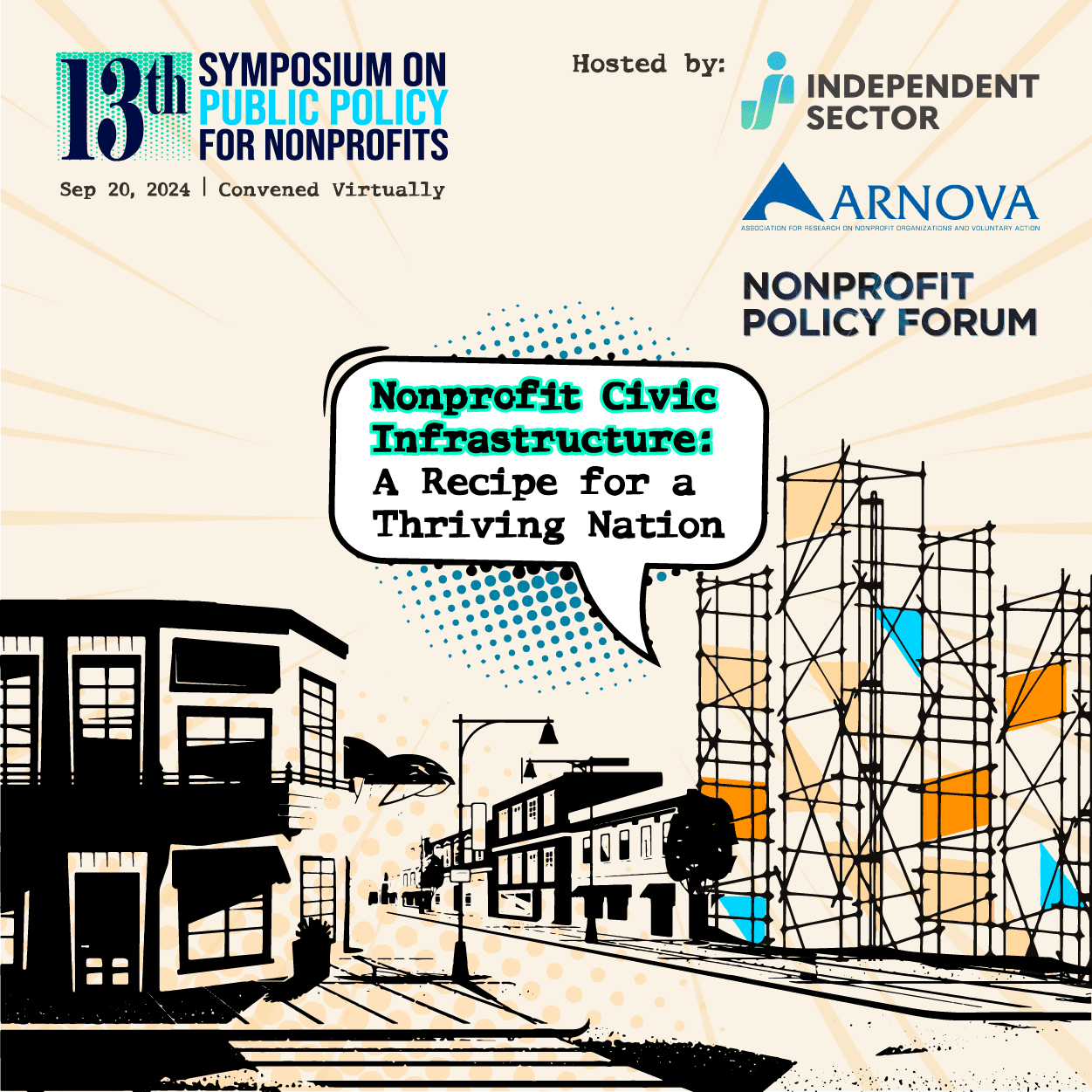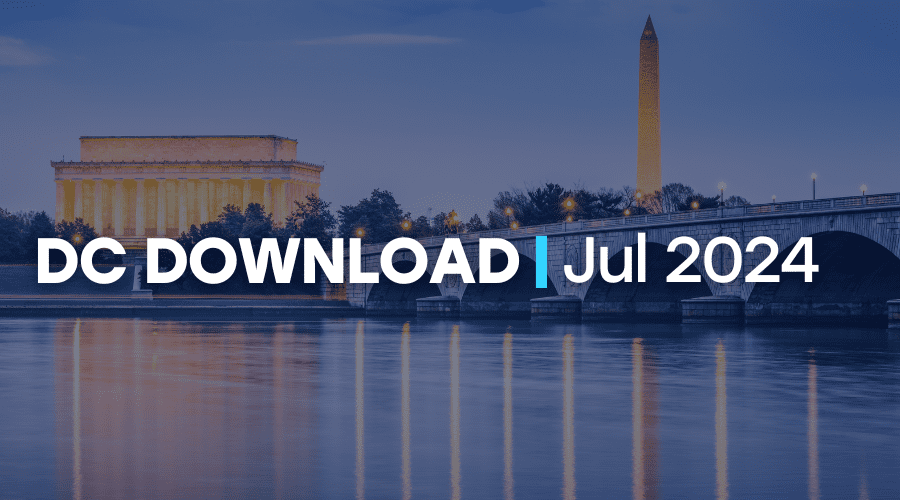The Sacrifice Nonprofits Can’t Afford to Make in 2021
While there isn’t an industry or sector that has not been affected by the ongoing health and economic crisis, the charitable nonprofit sector has sacrificed much through the pandemic and will face continued uncertainty as the demand for services increase exponentially. Though many organizations have been forced to reform their operations, decrease services, and reduce their staff, nonprofit advocacy is a vital mechanism that the sector cannot afford to sacrifice.
Civic engagement does not begin or end with this year’s election. To the extent possible, the nonprofit sector can continue to engage in public policy and advocacy as a means to fulfill our missions. Regardless of the outcome of the Senate runoff elections, we know there is much work ahead as we continue to cultivate vitality and equity in the communities we serve.
As the media, policymakers, and general public continue to shift their focus from the election, nonprofits will be afforded a unique window of opportunity to develop and promote initiatives that seek to advance their community’s interests. Aside from the influence of policy proposals, there are four tactics that nonprofits can adopt or integrate into their existing advocacy work to ensure their organization has a meaningful impact on policies that govern the communities in their service area(s):
Develop and Share Advocacy Strategies – This year’s unprecedented crisis has mandated increased attention to the capacity-building needs of nonprofit organizations. While every nonprofit shares the responsibility of enacting social change and shaping public discourse, systemic change of this magnitude requires collective action. Many organizations have remained on the frontlines of the global pandemic to serve those in need and in turn, lack the resources needed to develop or execute a policy agenda. To resolve this challenge, nonprofits can implement a systems-change approach by seeking opportunities to collaborate with organizations that align with their cause and mission. Supporting advocacy strategies such as strategic communications plans, education campaigns, lobbying, and mobilization strategies will enable your nonprofit to identify prospective partners, leverage coalitions, and advance your policy initiatives.
Educate Incoming Policymakers – In the coming weeks, Congress, state legislatures, and municipalities will hold induction ceremonies nationwide. Now is the time for nonprofits to educate newly-elected officials to inform them about our organizations’ work, community’s needs, and sector-wide footprint in their district and throughout their state. Nonprofits can optimize their advocacy and mobilization efforts by engaging new chairpersons, appointees, and ranking members of respective committees that preside over issues that are integral to their mission. Research suggests that nonprofit needs are of keen interest to new and incumbent lawmakers. An Independent Sector poll of more than 1,000 registered voters determined that constituents are more likely to support political candidates who champion nonprofit issues. Our research concluded that 68 percent of respondents are likely to support candidates who advance policies to help charities and nonprofits serve their communities. Comparatively, 62 percent of respondents confirmed that they would be more likely to vote for a candidate who not only works closely with the nonprofit community, but also includes nonprofit organizations throughout the policymaking process.
Engage in All Levels of Government – The new political and legislative landscape underscores the importance of advocating for policies at every level of government. For many nonprofits, key decisions that are made by local elected officials have the greatest impact on their organization’s work. Such decisions include investments in affordable housing, transportation priorities, protection of local waterways, or arts funding. However, even with increasing levels of giving, nonprofits must acquire significantly more both during the pandemic and in our rebuilding efforts to meet overwhelming community needs and provide an array of services that are essential to individual and community wellbeing. The sector’s collective advocacy is especially relevant now as our ability to continue vital services hinges on long-awaited, federal relief legislation. The passage of many of the proposed policy changes and reversals from the current Administration may be hindered by a divided Congress. Thus, we can anticipate that much of the President Elect’s legislative and regulatory priorities will be advanced through executive powers, bipartisan, negotiations, and significant compromise.
Expand Nonprofit Outreach – Our fight for a seat at the table to inform critical decisions by government officials and agencies is far from over. Serving on the frontlines of a country that is fatigued by a global pandemic, economic hardship and political divisiveness affords nonprofits an opportunity to expand our outreach efforts to engage prospective stakeholders, recipients, donors, sponsors, partners, volunteers, board members, and employees. As the nation’s third-largest employer that supports 12.3 million jobs across 1.5 million organizations, the nonprofit community is an ideal and trusted source to increase awareness and broaden support. The health of a civil society is central to its constituents’ ability and willingness to use their voice for the public good. Active civic participation and engagement are the most effective methods to ensure that elected officials are accountable to nonprofits and the communities we serve. By empowering organizations and constituents alike, nonprofits can build a foundation for sustainable change to ensure that the dream of living in a more equitable community becomes a reality for all.
Visit the Independent Sector website today to learn more about permissible advocacy activities and to view tools and resources to engage in effective advocacy and public policy. Additional information surrounding the sector’s current legislative priorities can be accessed here.



